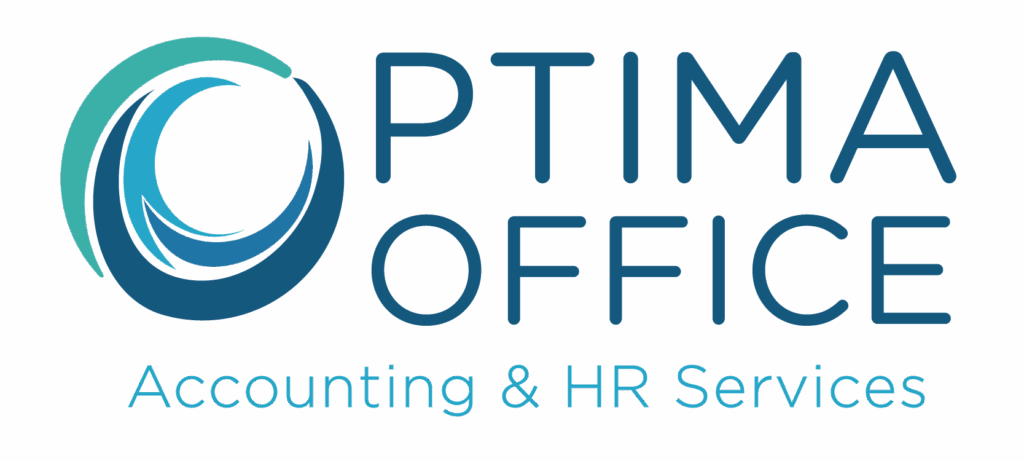Organizational crises are inevitable for any small business. There’s going to come a time where something will go wrong – whether because of you, an employee, or something completely out of your control. How you respond to that crisis can have a negative impact on your company. Here are some collected key pointers on how to manage a crisis and to help get through one successfully.
1. Be Straightforward
Some crises that hit your business will require you to explain yourself to your customers. In those times, you might be tempted to justify or excuse what went wrong. This is one of the worst possible ways to handle a problem. It can portray you as a rookie in the eyes of your customers and peers. Instead, take ownership of the mistake that caused the problem. You will be respected for it and respect and perception are huge tools when it comes to growing your business.
2. Think Before You React
When an employee makes a serious mistake that creates a crisis, some managers will unleash their inner Gordon Ramsey and let them have it. A terrible idea to say the least! Employees, like yourself, are human. We all make mistakes from time to time. Losing your poise on the employee does nothing to advance the business. A calm discussion about the problem is more effective 100% of the time. If you’re emotional and volatile, you can cause long-term damage over a short-term problem. Employees are a part of the team and should feel so. Overreacting is a sure-fire way to cause resentment that will in turn create a tense work atmosphere.
3. Prior Preparation Prevents Possible Problems
You know the saying: expect the best and prepare for the worst. It’s imperative to always stay “ready.” Being constantly prepared even if there’s nothing going on, will save you when a crisis strikes. If you aren’t prepared on some level for any type of disaster, then you will be ill-equipped to minimize any damage to your business it can cause. Don’t pretend like nothing bad can happen, because it eventually will. Unfortunately, it’s inevitable. Anticipate what can go wrong and prepare for it. There aren’t many things in business that can’t be taken care of with a well-thought-out system. So, if you create a proven way to handle all aspects of your accounting and business, the number of headaches that arise will decrease significantly.
4. Don’t Hide
Some crises will be customer-facing, and in those moments you might be scared to tell them or maybe just hope they don’t notice. That’s a bad way to handle a situation. Be honest with your customers. If you know the issue is going to have an unavoidable negative affect on them, then you must let them know. No one likes being blind-sided and if not revealed, then the sense of trust between you and your client is diminished. However, there is a difference between informing and over explaining. The customer needs to be aware of what’s going on but doesn’t need to know every little detail of the problem. Rambling on about an issue can possibly come off as making up excuses. Keep it straight and to the point.
5. Resolve the Issue Before it Reaches Your Customer
When things go wrong in a way that can affect your customers, it’s easy to take the short route by simply preparing to offer an apology, instead of fixing the problem. Easier isn’t better. We all know the most rewarding things have emerged from the most difficult workload. So why try to bypass the hard work? Do everything in your power to resolve the issue before it reaches your customer. You’ll find it more fulfilling.
6. Fix the Issue, then Diagnose
When a mistake that leads to a crisis occurs, you will want to immediately find out how and why things went wrong. Resist that temptation! It is essential to discover what happened and why, but do not let that take precedence over solving the issue at hand. The number 1 priority of anyone’s business should be to take care of their employees. That doesn’t mean ignore how the error came about. It just means tackle it later. First, mend what’s broken and heal the wounds. It’s only after fixing the problem that you should work on diagnosing how it happened.
Setting up a process to deal with a crisis should be a priority for every business. If you aren’t sure of how to get started, contact the Optima Office HR team because they do. CONTACT TODAY
DISCLAIMER – Due to the daily changing environment and guidelines being provided by the government, this information could be outdated. Please contact our office for the latest updates and guidelines. Optima Office is not responsible for any actions taken due to the information provided. The information provided here is for instructional purposes and does not represent legal advice being given by Optima Office.




